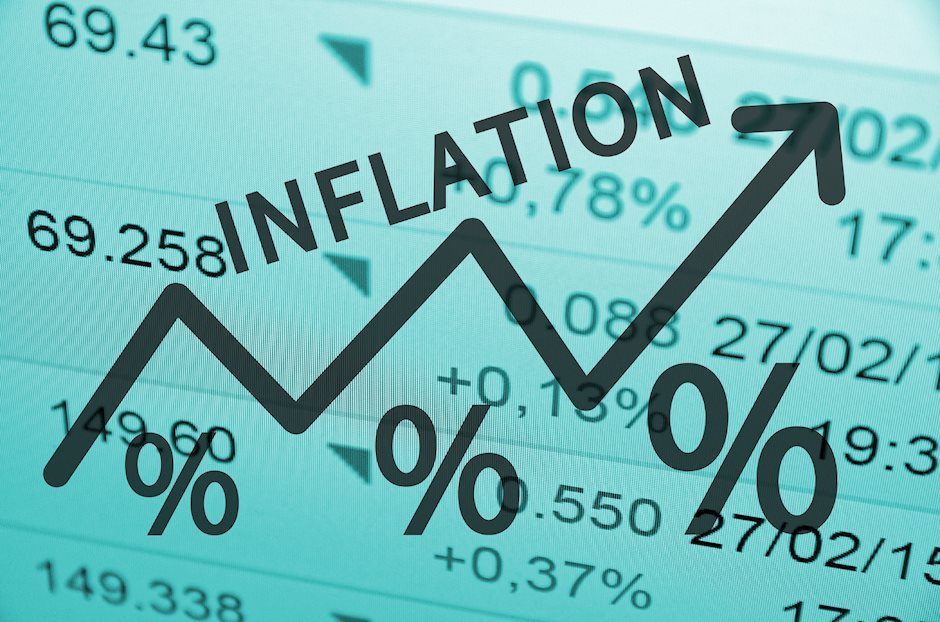Nordic outlook: Time to get inflation down

Not a painless operation
2022 was the year of inflation, also in the Nordics. This year and quite possibly the next will to a large extend be shaped by the efforts to bring inflation down again, and as last year's experience has clearly shown, inflation can be very difficult to predict. As we see it, we are approaching or already in a recession in both the Nordic countries and the wider euro area, as real incomes are being eroded by higher prices and higher interest rates are dampening demand. If all goes well, a mild recession should be enough to rebalance the economy and we can move on afterwards with somewhat higher unemployment but economies that are not seriously damaged. However, it is a very difficult task for central banks to achieve just the right amount of tightening, and there is a large risk that the recession will be either unnecessarily deep or that inflation will be drawn out and become more ingrained. Also in the coming years, it will be necessary to monitor economic data very closely to see where we are heading.
The Nordic countries have largely been hit by inflation to the same extent as other European countries, despite being much less reliant on natural gas. However, there is hope that inflation will decline faster in the Nordics than in the euro area, where utility companies seem to have been slower in passing higher gas and electricity prices on to consumers and hence have more energy inflation in store even if wholesale prices do not increase further. Still, also in the Nordics we are seeing elevated non-energy inflation as second-round effects from higher costs are pushing up prices of nearly all goods and services, and that process is far from finished. Central banks in Sweden and Norway are trying to strike the balance between a strong stand against inflation and the risk of harming domestic economies that are especially sensitive to short-term interest rates. Just as Norway was among the first to start hiking rates in 2021, it could very well be among the first to stop, as we expect no more hikes there.
Good Nordic starting point
The Nordic countries have a strong starting point heading into this recession. Compared to most other European countries, they have been less damaged during the Covid crisis, and have recovered more quickly. Government finances are generally in good shape, and measures to help households and businesses cope with inflation are comparatively modest. Exploding natural gas prices have not been a big negative terms of trade chock for the Nordics, as it has for much of Europe. Gas is the heating source in 13% of Danish households and in very few households in the other Nordic countries. Norway is a large gas exporter. Denmark has significant gas production that is set to increase substantially this year. However, higher interest rates are a shock also to Nordic households and businesses, both directly through higher costs on existing loans especially in Sweden and Norway, and indirectly through the effect on asset prices, not least housing. How far prices fall will be an important thing to watch in the coming years.
Author

Danske Research Team
Danske Bank A/S
Research is part of Danske Bank Markets and operate as Danske Bank's research department. The department monitors financial markets and economic trends of relevance to Danske Bank Markets and its clients.

















